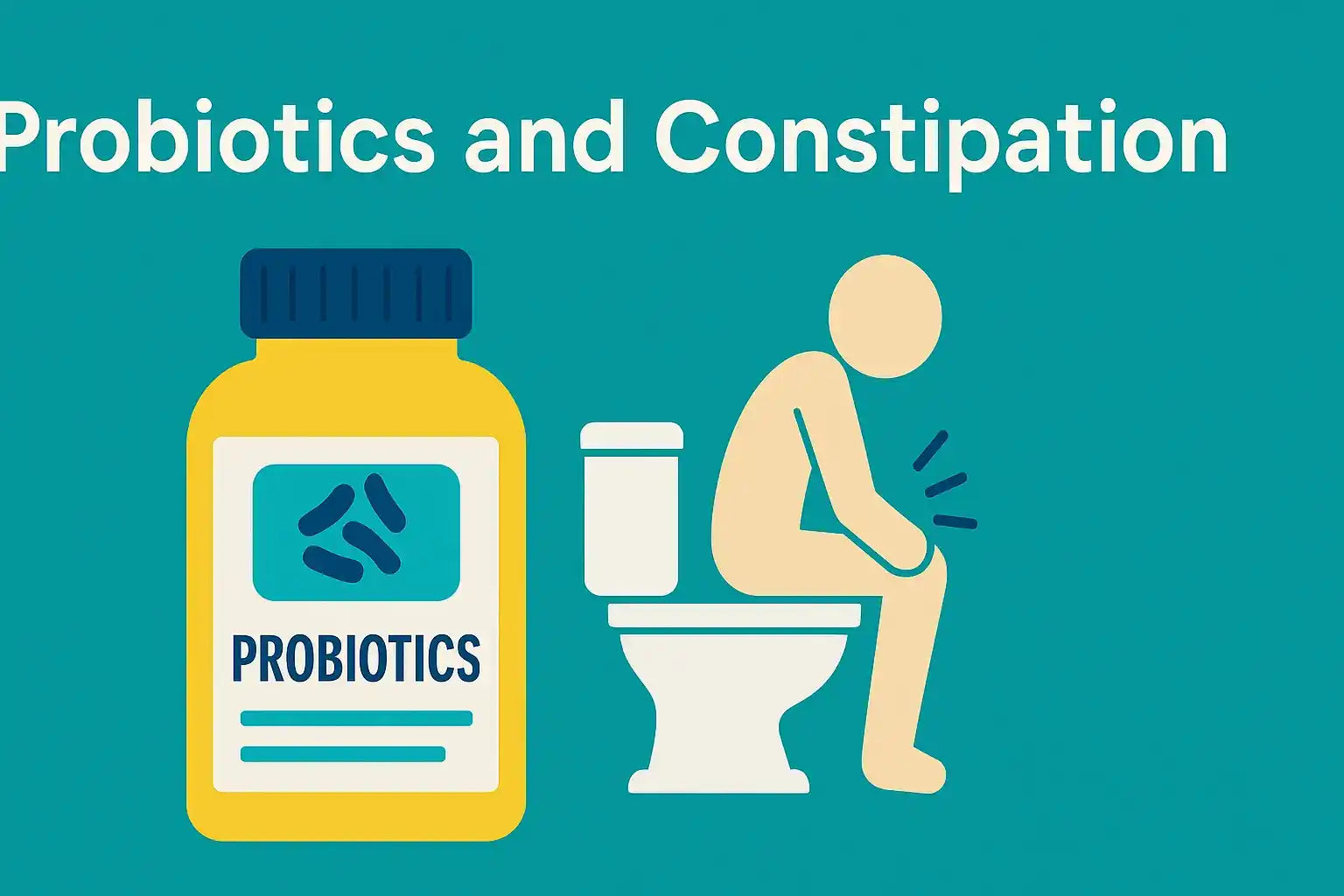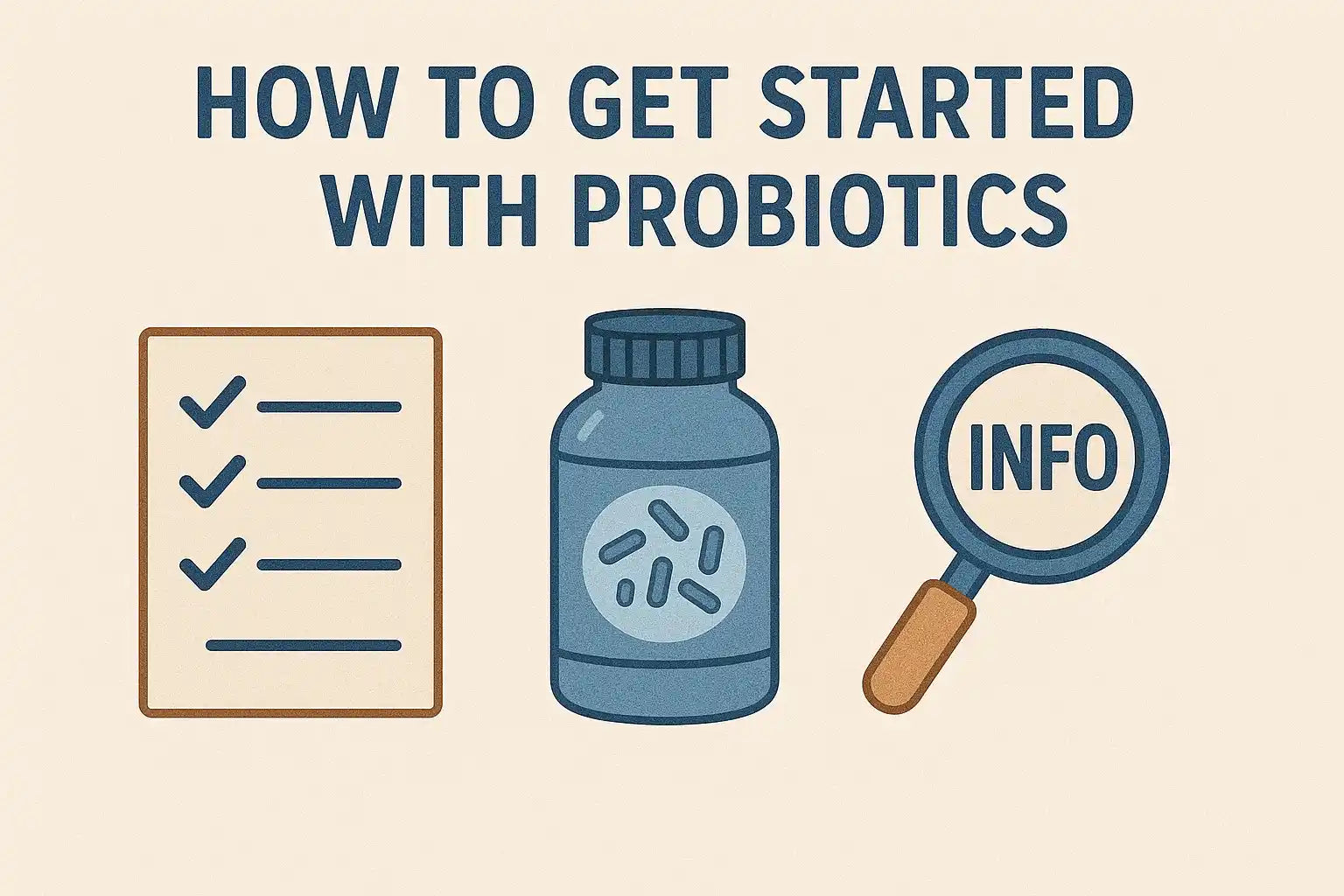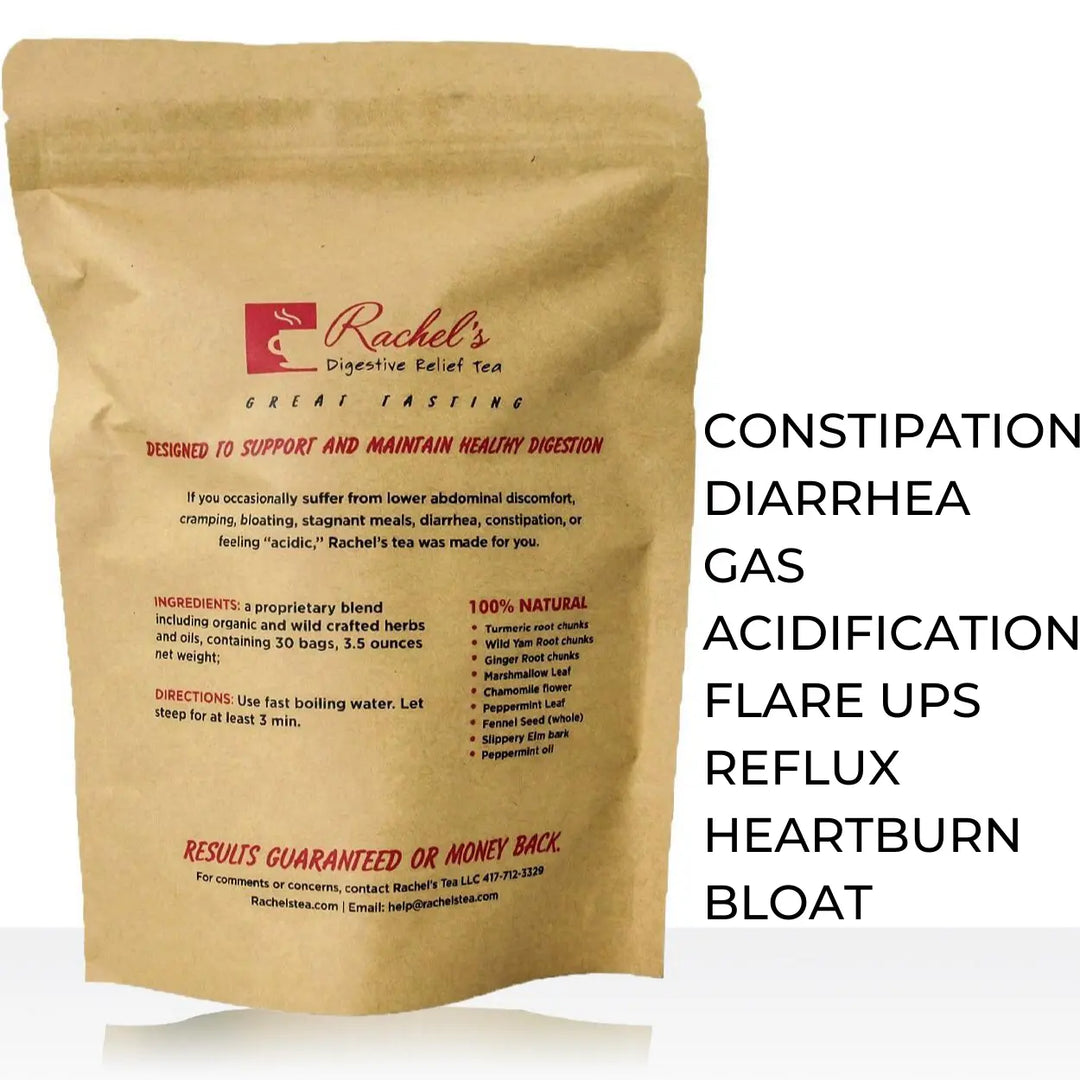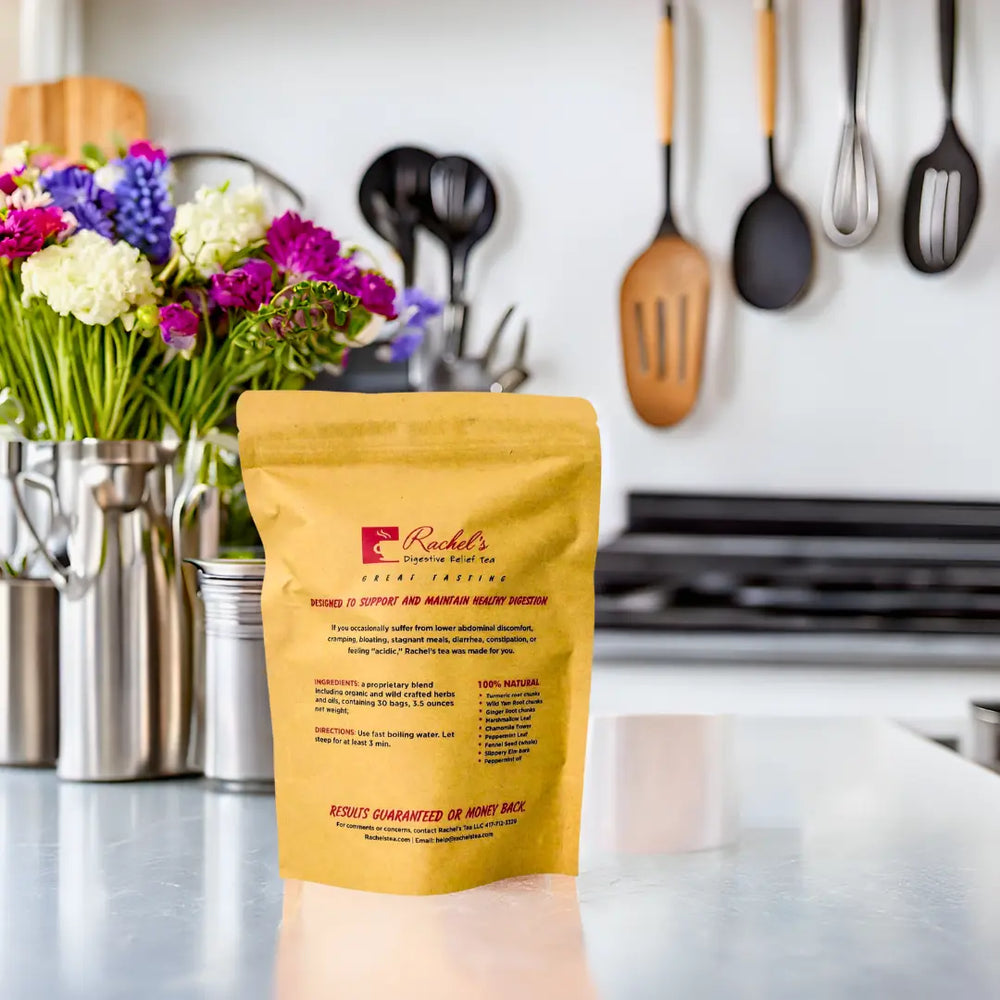Can Probiotics Be Used for Constipation, Diarrhea and IBS?

If you're struggling, you're not alone. Maintaining a healthy gut is essential for well-being. Millions of people deal with uncomfortable digestive symptoms daily. You are not alone in it. Are you searching for a safe and natural solution to deal with chronic constipation or Irritable Bowel Syndrome (IBS)? There is one option, and that is probiotic supplementation. But can probiotics help with constipation and IBS? This article explores how probiotics support gut health, improve bowel movements and ease symptoms of digestive disorders. Are you new to probiotics? You will learn how these beneficial bacteria play a crucial role in your digestive health.
What Are Probiotics?
Probiotics are live microorganisms. They are called good bacteria. They provide health benefits when taken in the right amounts. They
- balance the gut microbiome
- support digestion
- enhance immune function
- Improves mood regulation
They can be taken as dietary supplements. They are found naturally in fermented foods like
- Yogurt
- Kefir
- Sauerkraut
- Kimchi
Its three kinds of strains help a lot in health benefits. These are
- Lactobacillus
- Bifidobacterium
- Saccharomyces
Probiotics and Constipation

Constipation is a common digestive issue. It is due to
- imbalance in the gut microbiota
- infrequent or difficult bowel movements
- slow intestinal movement
- low fiber intake
Research suggests that certain probiotic strains can improve bowel regularity. It enhances gut motility and balances intestinal flora. It softens stools and reduces straining. It is a promising natural remedy for constipation relief and other bowel disorders.
Probiotics and Diarrhea
While probiotics can support constipation. It is equally useful in managing diarrhea. It is very useful after antibiotic use. It helps to manage antibiotic-associated and infectious diarrhea. A disrupted gut flora leads to antibiotic-associated diarrhea (AAD). Probiotic strains can
- restore microbial balance
- reduce the duration
- Reduce the frequency of loose stools.
- reduces the severity of diarrhea episodes
Its strains are also effective in managing IBS.
Probiotics May Relieve Symptoms of IBS
Clinical studies have shown that probiotics may help reduce common IBS symptoms. IBS is a chronic condition caused by
- abdominal pain
- Bloating
- constipation
- diarrhea
- Gas
- irregular bowel habits
They alleviate IBS symptoms by
- regulating gut flora
- reducing inflammation
- improving gut barrier function
Specific strains like Lactobacillus and Bifidobacterium are effective for managing IBS symptoms.
How to Get Started With Probiotics

If you want to start probiotics. Then, start with a product that contains clinically studied strains relevant to your condition. Always choose high-quality supplements. A supplement that has a clear label indicating CFU count (colony-forming units) and strain specificity. You can get it at Rachel's Tea. You should always start with a lower dose to see the tolerance level. Then, increase the dose gradually. People who don't want to use supplements can go for fermented foods. They include
- Sauerkraut
- Miso
- kefir
- Yogurt
- Kimchi
They also offer a gentle introduction to probiotics.
Balance of Bacteria Is Important for Gut Health
Your gut is a complex ecosystem of bacteria. It has good and bad bacteria. These bacteria should live in harmony. A disrupted microbiome is due to poor diet, stress, antibiotics and illness. It leads to digestive discomfort, immune problems and inflammation. Probiotics maintain balance by increasing the diversity of beneficial microbes. It is important for individuals with IBS, who often show signs of dysbiosis.
Advantages of Inactive Probiotics
Live strains are commonly used. Inactive (heat-killed) probiotics are also called postbiotics. They are gaining attention. These organisms are no longer alive. But they still retain their
- immune-modulating benefits
- anti-inflammatory benefits
Inactive probiotics are especially helpful for individuals with weakened immune systems. It is useful for those who react poorly to live cultures. They offer a gentler approach to gut support. They can modulate immune responses and reduce inflammation.
Read More:
Conclusion
So, can probiotics help with constipation and IBS? The answer is yes. But when used correctly. It eases constipation, reduces IBS symptoms, restores gut balance and supports immune health. It is a powerful tool in digestive care. However, not all probiotics are created equal. They should be incorporated into your routine through probiotic-rich foods and supplements. You should always choose the right strains. Always consult with a healthcare provider before beginning a new supplement. Especially if you have a medical condition.












